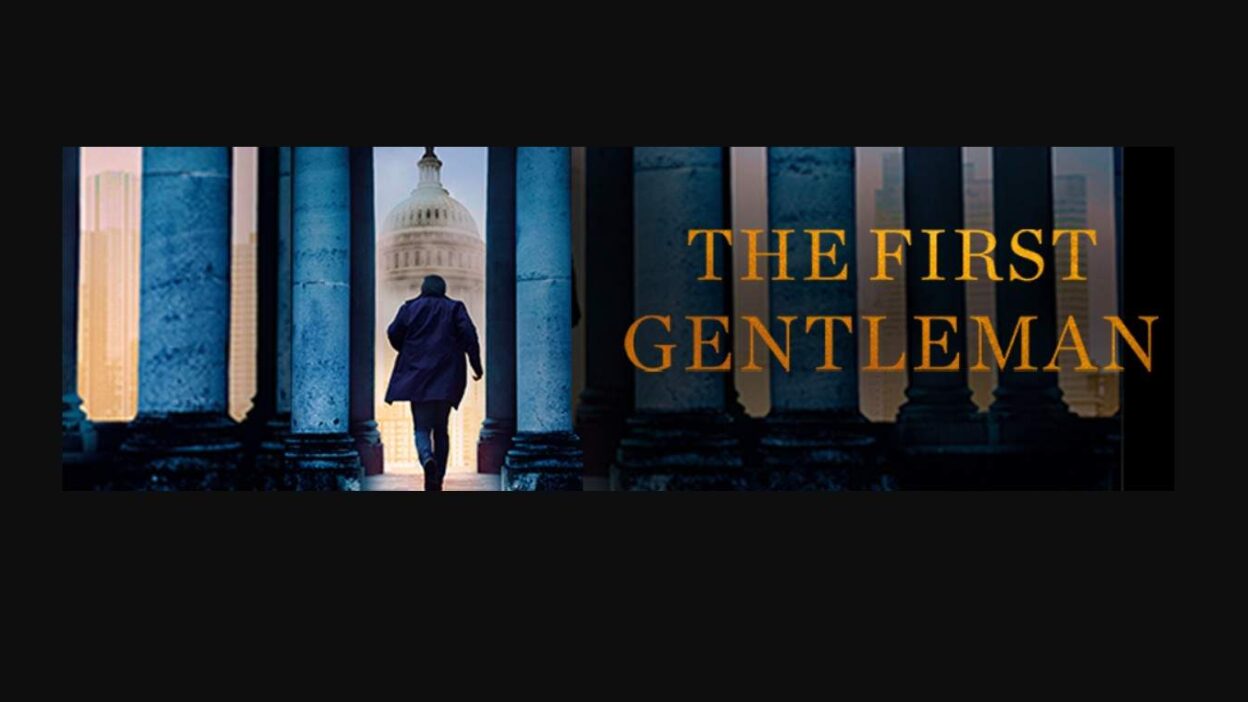Patterson and Clinton’s Political Thriller
“The First Gentleman” represents a fascinating convergence of commercial thriller writing and authentic political insight, combining James Patterson’s masterful pacing with Bill Clinton’s unprecedented insider perspective on presidential politics. This collaborative work offers readers both the adrenaline rush of a well-crafted thriller and the rare authenticity that comes from an author who has actually occupied the Oval Office.
Literary Context and Significance
The Political Thriller Renaissance
The collaboration between Patterson and Clinton arrives at a pivotal moment in American political consciousness. Political thrillers have experienced a renaissance in recent years, with readers increasingly drawn to stories that blend entertainment with commentary on contemporary governance. This work stands out not merely for its entertainment value, but for its unique authorial perspective that bridges the gap between fiction and lived political experience.
Collaborative Authorship Dynamics
The partnership between Patterson—a prolific master of commercial fiction—and Clinton—a former president with intimate knowledge of political machinery—creates a rare literary alchemy. Patterson brings his signature rapid-fire pacing and cliff-hanger chapter endings, while Clinton contributes verisimilitude that no amount of research could replicate. This collaboration raises intriguing questions about authenticity in political fiction: How much of what we read reflects actual behind-the-scenes realities?
Narrative Structure and Technique
The Title’s Significance
The choice of “The First Gentleman” as a title immediately signals the book’s exploration of gender role reversals in the highest echelons of American politics. This concept alone provides rich material for examining how power dynamics, public perception, and media scrutiny might shift when traditional gender expectations are inverted at the presidential level.
Thriller Mechanics
Patterson’s influence is evident in the book’s structural approach to suspense. The authors employ his trademark short chapters, multiple viewpoints, and relentless pacing that has made him one of the world’s bestselling authors. However, Clinton’s contribution elevates the typical thriller formula by grounding fantastic scenarios in procedural reality. The reader experiences not just excitement, but the uncanny feeling that these events could plausibly unfold within the actual corridors of power.
Thematic Analysis
Power and Gender
The novel’s exploration of a male “First Gentleman” serves as more than mere role reversal—it becomes a lens through which to examine deeply ingrained assumptions about leadership, partnership, and public service. How would media coverage differ? What unique vulnerabilities and strengths might emerge? These questions resonate with contemporary discussions about gender in politics.
Security and Vulnerability
Drawing from Clinton’s experience with presidential security protocols, the thriller elements gain unusual credibility. The authors can explore genuine vulnerabilities in the American political system while maintaining the entertainment value that thriller readers expect. This balance between authenticity and excitement creates a reading experience that is both escapist and unsettlingly plausible.
Democracy Under Pressure
Like the best political thrillers, “The First Gentleman” likely uses its fictional crisis to illuminate real pressures facing democratic institutions. The collaboration allows for an exploration of how external threats intersect with internal political dynamics, informed by Clinton’s firsthand understanding of crisis management at the highest levels of government.
Literary Merit and Commercial Appeal
Bridging High and Low Culture
This collaboration represents an interesting phenomenon in contemporary publishing: the convergence of literary authenticity with commercial accessibility. Patterson’s formula for bestselling fiction meets Clinton’s presidential gravitas, creating a work that can satisfy both casual thriller readers and those seeking deeper political insight.
Accessibility Without Condescension
One of the work’s notable achievements is its ability to remain accessible to general readers while incorporating sophisticated political understanding. The authors avoid the trap of either dumbing down complex political realities or overwhelming readers with insider jargon. This balance reflects both Patterson’s skill at reaching broad audiences and Clinton’s experience in public communication.
Cultural Impact and Reception
Beyond Entertainment
“The First Gentleman” functions as more than entertainment—it serves as a form of civic education, allowing readers to experience the complexity of presidential decision-making in a format more engaging than traditional political memoirs or academic texts. This approach may prove more effective at fostering political understanding than more conventional educational approaches.
Historical Documentation
Future historians may find value in this work not just as a thriller, but as a document of how political insiders viewed the possibilities and vulnerabilities of American democracy at this particular moment in history. Clinton’s perspective, filtered through Patterson’s narrative craft, creates a unique historical artifact.
Conclusion
“The First Gentleman” succeeds in creating something genuinely novel in the political thriller genre: a work that maintains the page-turning excitement readers expect while offering insights that could only come from someone who has actually wielded presidential power. The collaboration between Patterson and Clinton produces a reading experience that is simultaneously escapist and educational, thrilling and thought-provoking.
The book’s exploration of gender role reversal in the highest office provides a framework for examining contemporary political dynamics, while its thriller elements ensure that these serious themes remain engaging rather than didactic. For readers seeking both entertainment and insight into American political realities, “The First Gentleman” offers a unique and valuable contribution to the political thriller genre.
This work demonstrates that collaborative authorship, when executed thoughtfully, can produce literature that transcends what either author might achieve alone. Patterson’s commercial instincts and Clinton’s political experience combine to create a thriller that respects both its readers’ intelligence and their desire for engaging storytelling.



